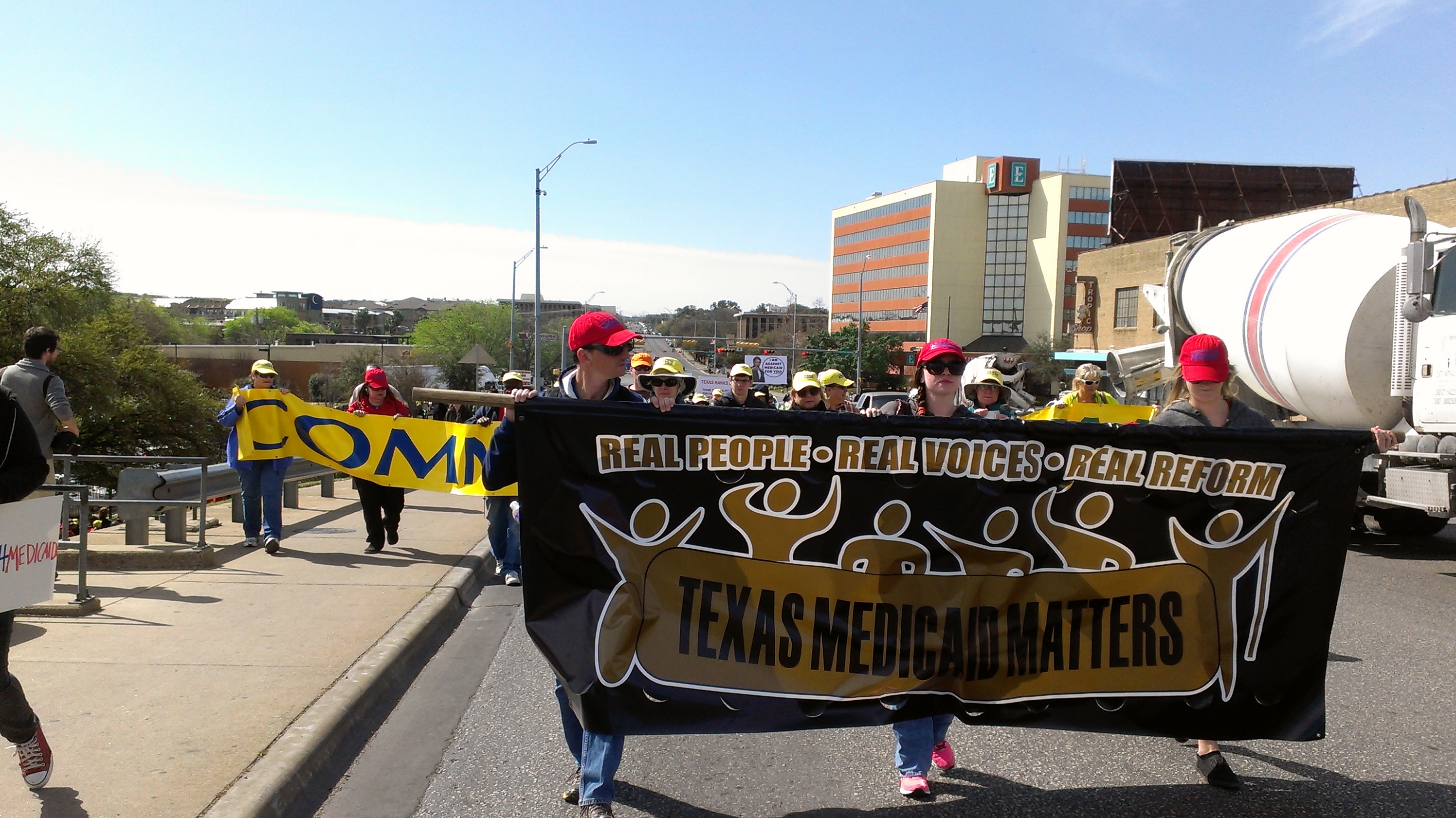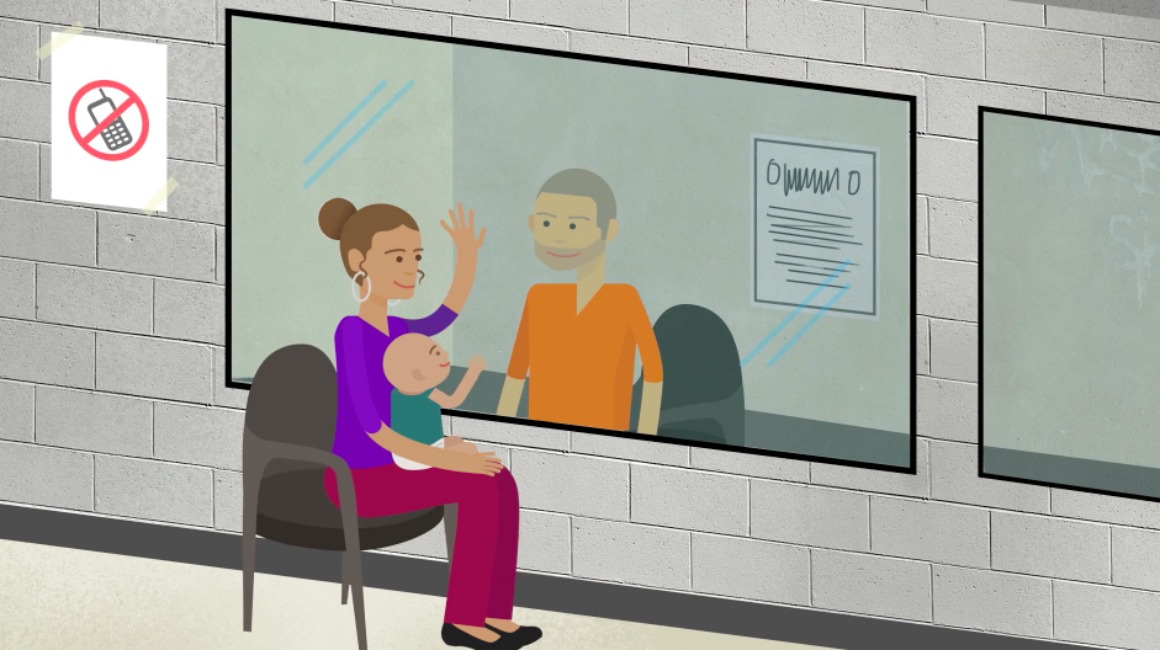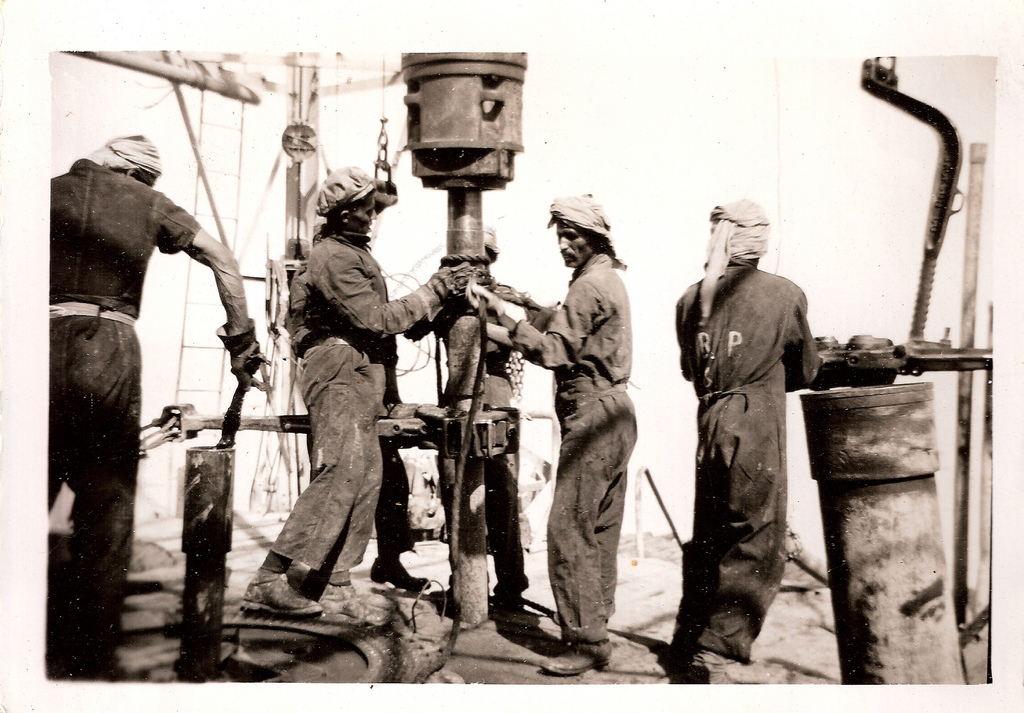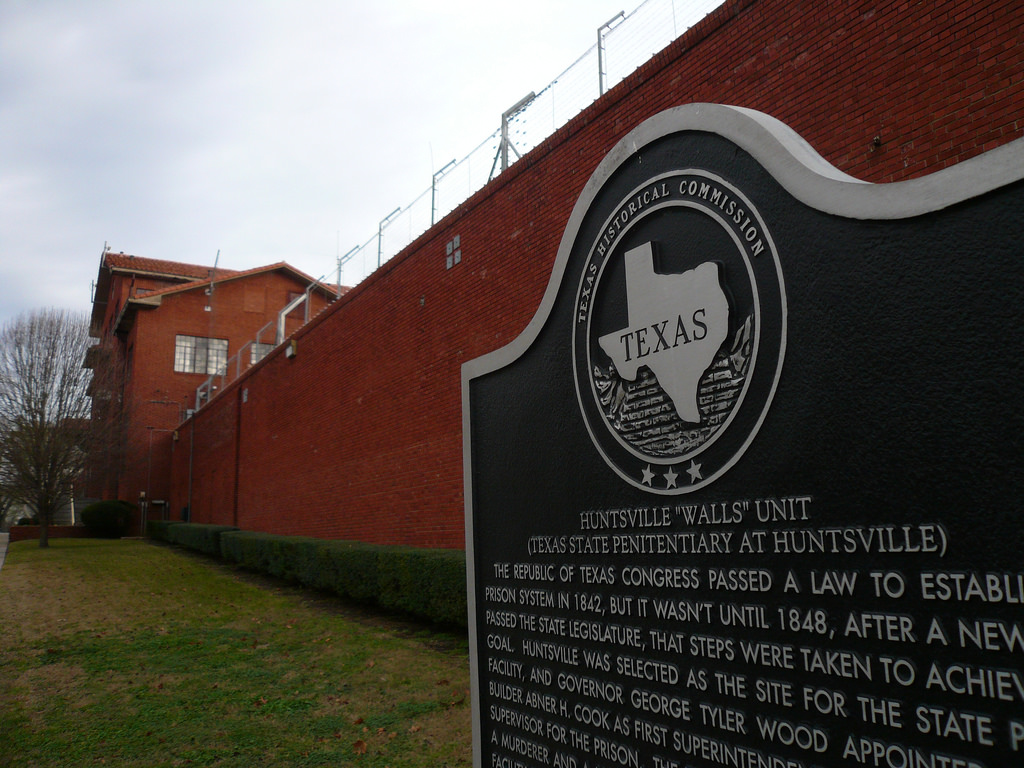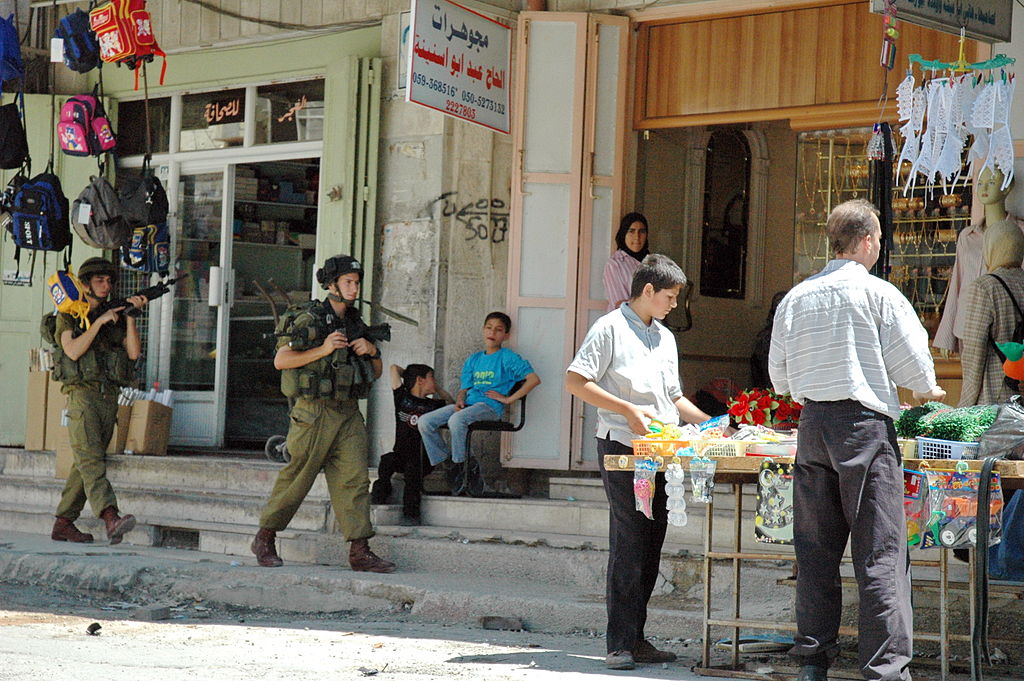“A good 75 percent of us were arrested on the first day,” says disability rights activist Danny Saenz, laughing as he recalls a direct action he was part of in the early 1990s, soon after the passage of the Americans with Disabilities Act (ADA).
Saenz and other activists with disabilities had traveled to Orlando, Florida, for the annual convention of the American Health Care Association, the most powerful nursing home lobbying group in the country.
“We went to their hotel and we took it over, and the whole bunch of us were rounded up and we spent three days in jail,” he told Truthout.
Saenz has been a member of the disability rights group ADAPT for over 25 years, and that day in Florida was just one of many times he’s been arrested while protesting for civil rights, often after having chained his wheelchair to other activists.
In our interview, Saenz — from Austin, Texas — is genial and soft-spoken, but he says that at protests, he and his allies are anything but quiet. “Our chant as we were fixing to get arrested was ‘We’d rather go to jail than die in a nursing home,'” he said.
More than two decades after that protest, hundreds of thousands of people with disabilities are still in nursing homes, where their movement may be highly restricted, even when they could be living more independent lives with the right support from their communities.

